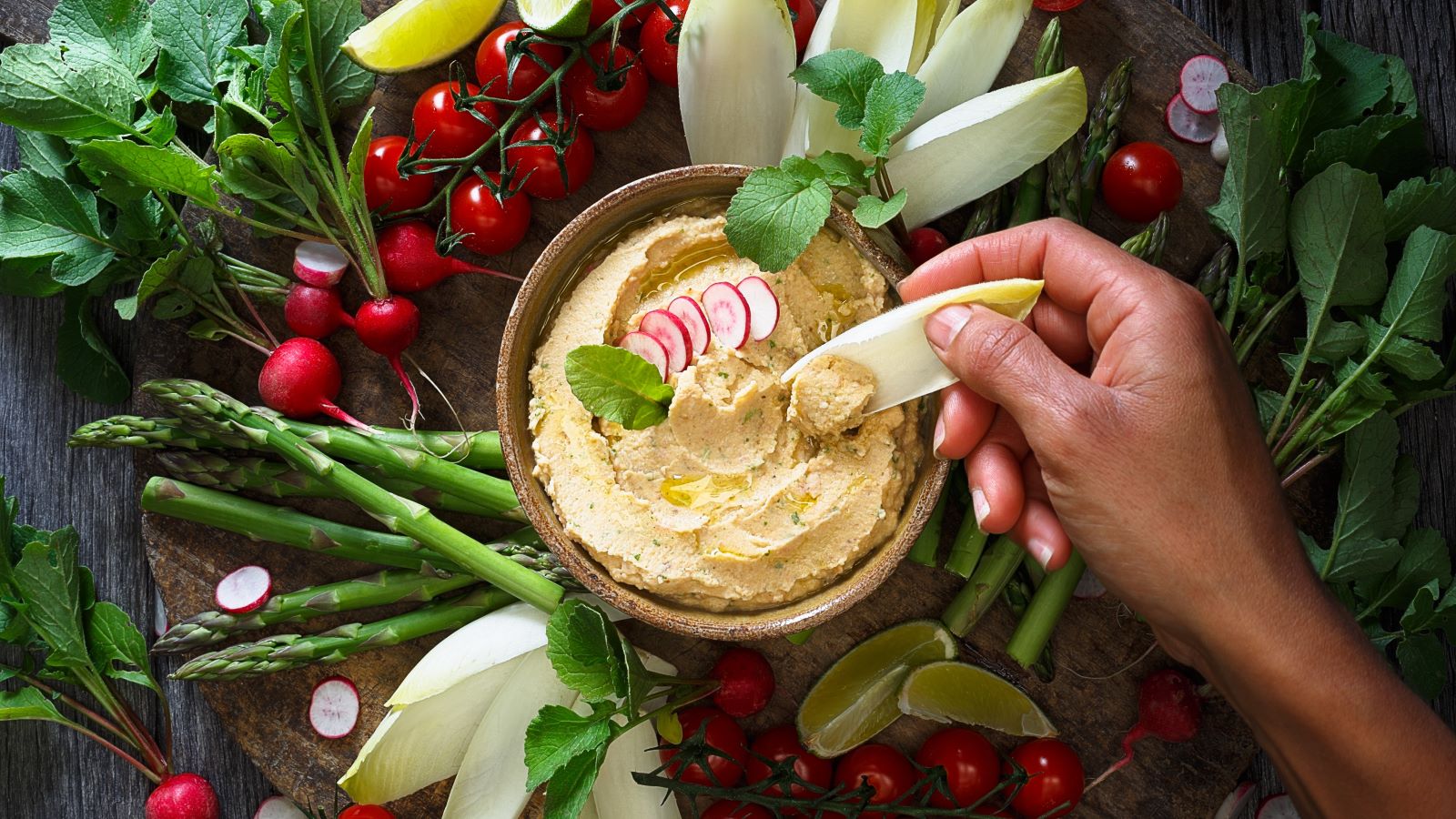<< Back
Is Eating Before Bed Bad for My Health?

February 05, 2024
For years, we’ve been told that late night snacking is strictly off limits for the health conscious, leaving us wrestling with guilt when the midnight cravings hit.
But is eating before bed really that big of a deal?
Here’s what a dietitian has to say about eating at night, and what foods you should reach for (and avoid) if you’re prone to late night snacking.
Eating right before bed is never ideal.
“No matter what you eat, it’s best to do it at least two or three hours before going to bed,” says Elizabeth Barclay, MBA, outpatient registered dietitian at St. Vincent’s Medical Center. “Eating right before bed requires your body to do an awake function, which disrupts your circadian rhythm.”
And eating late at night doesn’t just affect your sleep. According to Barclay, it can also cause you to overeat, or even cause gastrointestinal discomfort.
But if your cravings always seem to strike after you’ve gotten in bed, it might be time to look at what you’re eating throughout the day.
“The best thing to do is be sure you’re consuming enough calories during the day, to avoid feeling hungry or out of control at night,” says Barclay. “Getting plenty of protein and high fiber foods in your diet makes a big difference.”
> Related: 4 Ways to Speed Up Your Metabolism
Look out for these common culprits.
If you do have to eat right before bed, there are a few foods to avoid.
“Having a high fat or high sugar snack right before bed is never a great choice – it can disrupt sleep patterns and make it harder to fall or stay asleep,” says Barclay.
And be sure to dodge these foods, which can contribute to acid reflux:
- Citrus
- Tomatoes
- Peppermint
- Chocolate
- Alcohol
- Caffeine
“Any foods eaten right before laying down can cause an increase in your stomach acid and digestive enzymes. This can cause irritation, discomfort and acid reflux,” says Barclay.
> Related: 7 Tips for Nighttime Heartburn Relief
But eating before bed can’t always be avoided.
Sometimes, the day just gets away from you. If you are going to eat late at night, Barclay recommends these snacks:
- Nuts or nut butter with fruit
- Greek yogurt with dark chocolate chips
- Veggies with hummus
“All of these include protein and a complex carbohydrate or “healthy” fat, which is important for a balanced snack,” says Barclay.
And if none of that sounds appealing?
“Sometimes, a “healthy” snack just won’t cut it. If you’re craving something on the sweeter side, it’s okay to indulge once in awhile! Just be mindful of your portion sizes,” says Barclay.